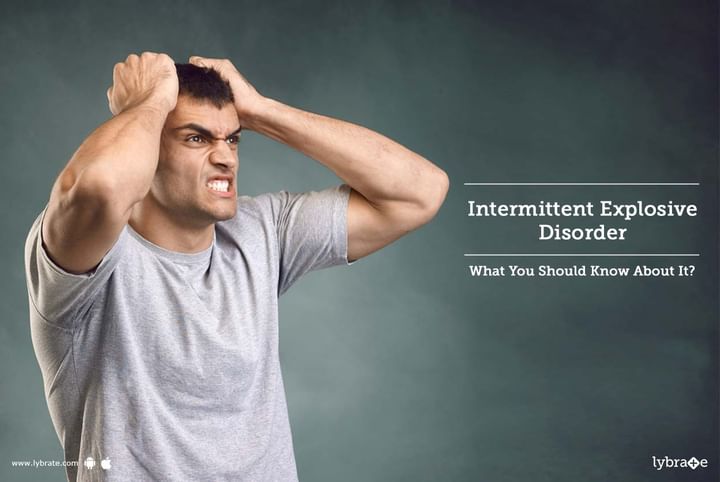Intermittent Explosive Disorder - What You Should Know About It?
Do you or someone you know lash out in aggressive verbal and violent behavior at the slightest provocation? This could be a symptom of a behavioral disorder called Intermittent Explosive Disorder or IED. Intermittent Explosive Disorder is characterized by repeated, sudden bursts of anger which are disproportionate to the situation. These outbursts also have no discernable reason behind them. These outbursts can have a negative impact on your relationships, work and finances. If left untreated, this chronic condition can continue for years.
The exact cause for IED is unknown, but research shows that a number of environmental and biological factors play an important role in triggering such behavior. Genes may also play a role in triggering this behavior as such aggressive behavior is found to run in families. Children and teenagers are most commonly affected by this condition. Children who have been exposed to violent behavior in their early childhood years are more likely to exhibit such behavior as they grow older. There are various symptoms exhibited by the people suffering from other psychological disorders such as bipolar disorder, ADHD or antisocial personality disorder; some of the symptoms to look out for are:
- Bursts of anger that last 30 minutes or less
- Chronic irritability
- Racing thoughts
- Tightness of the chest
- Tremors and tingling sensation
- Physical aggression
People suffering from this condition often feel relief or fatigue after such an episode. However, later they are filled with feelings of guilt and embarrassment. If such episodes occur repeatedly, it is best to consult a doctor. By conducting a thorough physical and psychological examination the doctor will be able to diagnose your condition and treat you accordingly.
There is no one set course of treatment that applies to all cases of this condition. Treatment usually involves medication and psychotherapy. Medication in these cases may include antidepressants and mood stabilizers. This medication should not be stopped unless your doctor advises this. Also do not use alcohol or any mood altering drugs along with it.
When it comes to psychotherapy, the patient may benefit from individual or group therapy. It aims to identify situations that trigger such behavior and teach the patient how to manage their anger. Practicing relaxation techniques such as deep breathing and yoga can also help keep you calm. Psychotherapy also enhances the patient's ability to communicate with others and find alternate ways of getting out of a frustrating situation.



+1.svg)
